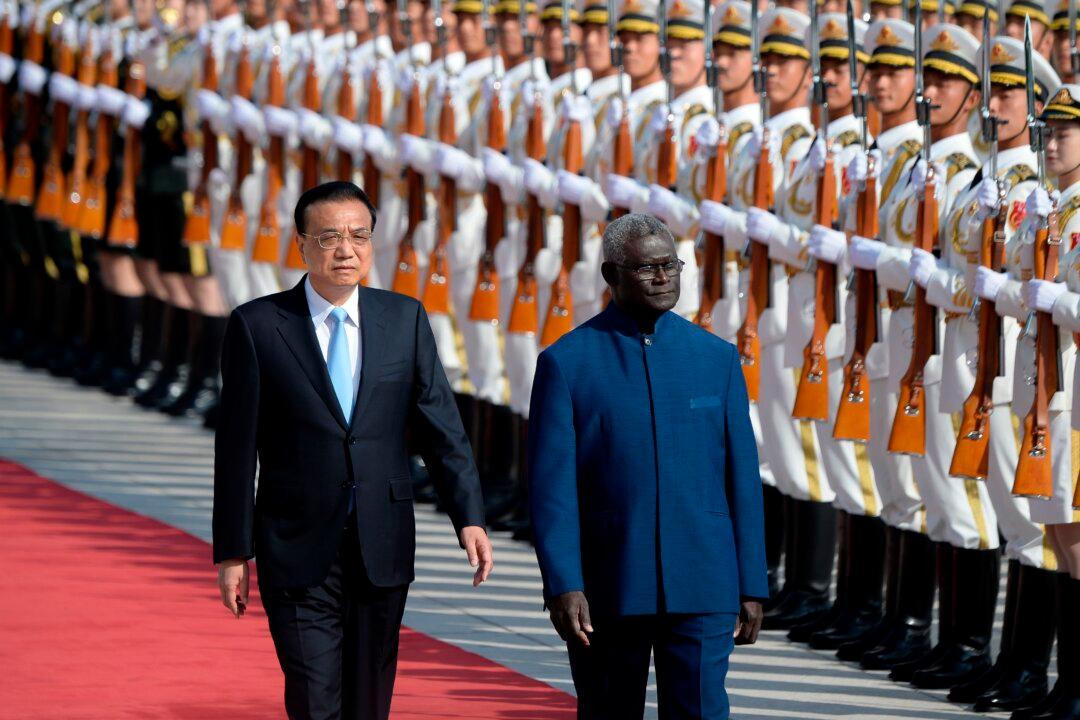A Fijian court handed down a sentence and ordered a Chinese casino developer to pay $650,000 on April 28 for causing substantial damage to the environment while undertaking unauthorized development on Malolo Island in Fiji’s west.
The case also highlighted the marathon struggle of Australian surfers Navrin Fox and Woody Jack who held a stake in the land adjacent to the one owned by the Chinese company, Freesoul Real Estate. Freesoul had ripped out a part of a reef, dumped waste, blocked other landowners, and disturbed traditional fisheries to build a resort and Fiji’s first-ever casino.





